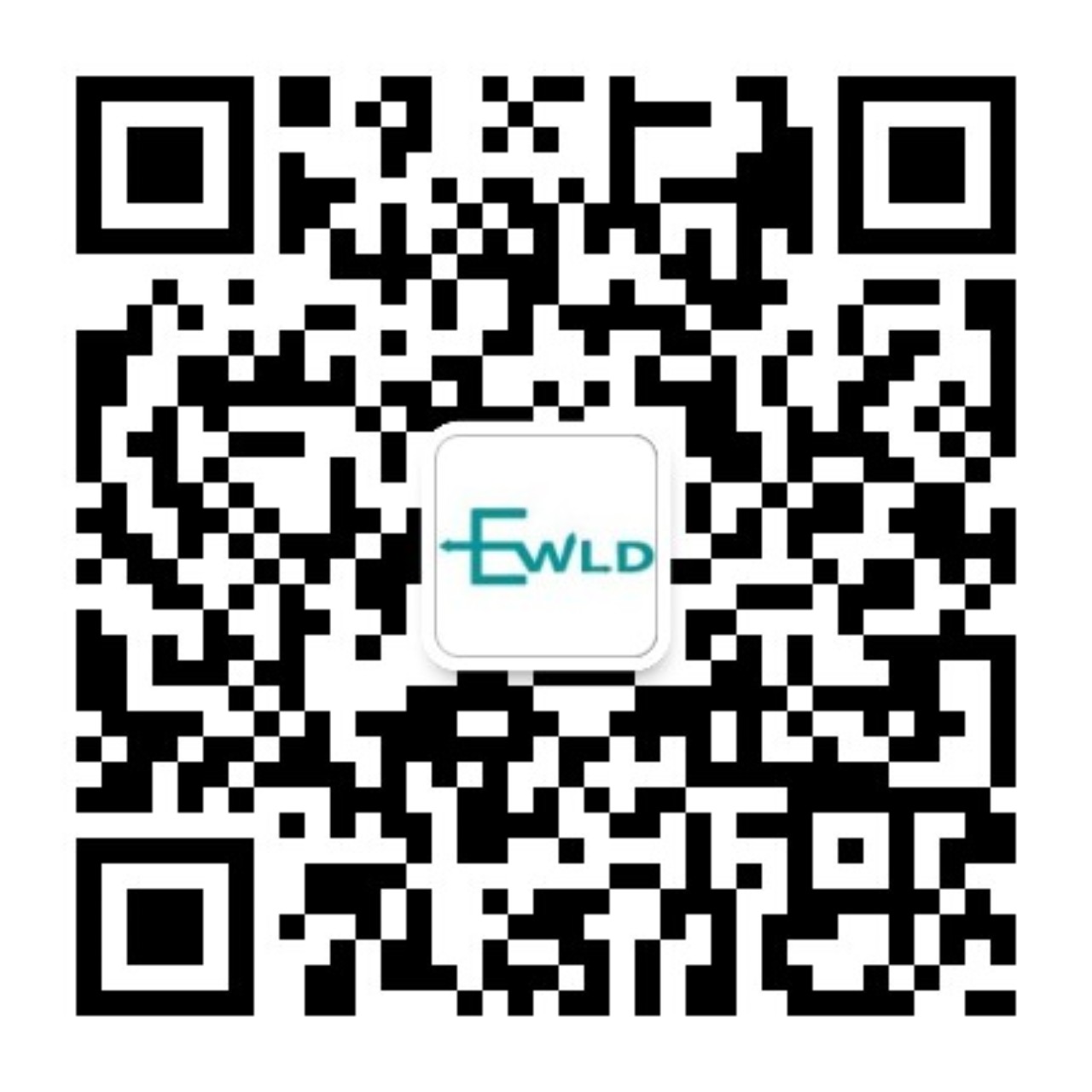The application of high-power bidirectional DC-DC converters in hydrogen fuel cells is mainly reflected in aspects such as energy conversion, system stability, and efficiency improvement. The following is a specific application analysis:
-
Voltage Adaptation: The electrical energy generated by hydrogen fuel cells is usually high-voltage direct current (DC), while the electrical energy required by the vehicle's electrical system is low-voltage DC. A high-power bidirectional DC-DC converter can achieve bidirectional conversion between high-voltage DC and low-voltage DC, meeting the different power supply requirements of the electrical system of hydrogen fuel cell vehicles. This conversion capability enables hydrogen fuel cell vehicles to operate stably under various working conditions, improving the flexibility and adaptability of the whole vehicle.
-
Energy Recovery: In hydrogen fuel cell vehicles, a large amount of regenerative braking energy is generated during the braking and deceleration processes. A high-power bidirectional DC-DC converter can recover and store this energy for subsequent acceleration or driving, thus improving the energy utilization efficiency. This energy recovery function is of great significance for extending the driving range and reducing energy consumption.
-
Voltage Stabilization: The output voltage of a hydrogen fuel cell may fluctuate with changes in the load. A high-power bidirectional DC-DC converter can stabilize the grid voltage by adjusting the output voltage, ensuring the stable operation of the electrical system. This is of great significance for reducing the damage to electrical equipment and improving the system's reliability.
-
Fault Response: In a hydrogen fuel cell vehicle, if a certain component fails, a high-power bidirectional DC-DC converter can quickly respond and adjust the power distribution to ensure the normal operation of other components. This fault response capability can improve the fault tolerance and reliability of the whole vehicle.
-
Optimized Energy Utilization: A high-power bidirectional DC-DC converter can improve the matching degree between the hydrogen fuel cell and the electrical system and optimize the energy utilization rate. Through precise voltage conversion and energy management, the loss of energy during the conversion and transmission processes is reduced, and the energy utilization efficiency of the whole vehicle is improved.
-
Loss Reduction: By adopting advanced power switching and filtering technologies, a high-power bidirectional DC-DC converter can reduce switching losses and filtering losses, and improve the conversion efficiency. This is of great significance for increasing the driving range of hydrogen fuel cell vehicles and reducing the operating costs.
According to the information released by CRRC Electric Vehicle Co., Ltd., the company has successfully developed a silicon carbide high-power fuel cell DC/DC converter and achieved commercial application. This converter has excellent performance such as "ultra-high frequency", "high voltage resistance", and "low conduction resistance", which can significantly improve the energy conversion efficiency and system stability of hydrogen fuel cell vehicles. In addition, this converter also adopts a modular design, which is convenient for maintenance and upgrading, providing strong support for the popularization and application of hydrogen fuel cell vehicles.
The application of high-power bidirectional DC-DC converters in hydrogen fuel cells is of great significance. It can achieve functions such as voltage adaptation, energy recovery, system stability, and efficiency improvement. With the continuous development and improvement of hydrogen fuel cell technology, high-power bidirectional DC-DC converters will play an even more important role in the field of hydrogen fuel cell vehicles.










